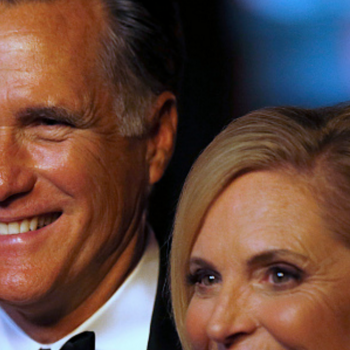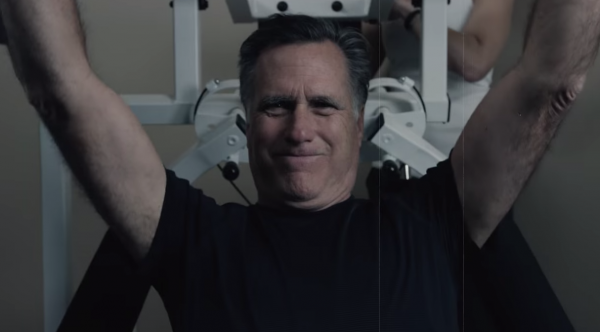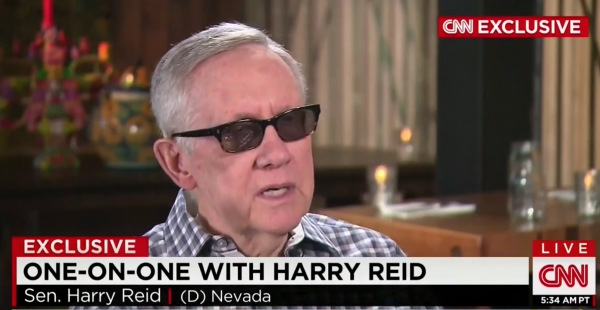 With all the hoopla surrounding the Virginia ballot, I wondered how the candidates fared in my home state. Tennessee works a little differently than other states. In fact, it seems that every state has a little tweak, a little nuance that makes it a little different from the others. That’s why the process is a great peek into how a candidate can handle complicated issues that require organization and hard work.
With all the hoopla surrounding the Virginia ballot, I wondered how the candidates fared in my home state. Tennessee works a little differently than other states. In fact, it seems that every state has a little tweak, a little nuance that makes it a little different from the others. That’s why the process is a great peek into how a candidate can handle complicated issues that require organization and hard work.
Tennessee will have fifty-eight delegates to the Tampa Republican National Convention. Each of our nine congressional districts will have three delegates. That means that Presidential candidates must find delegates who are leaders in their community willing to walk around with a clipboard asking friends and strangers to sign their names and their addresses on behalf of their candidacy for their preferred Presidential candidate. Each delegate had to get one hundred valid signatures of registered voters. So there’s several ways this could go wrong – illegible signatures, addresses that don’t match the person’s voter registration address (perhaps because they’ve moved), signers who claimed to be registered to vote but weren’t, or signers who thought they lived in a certain congressional district but didn’t.
My husband and I did this process in the 4th Congressional district of Tennessee on behalf of Gov. Romney, and the process wasn’t easy. We literally took our little clipboards with us while taking the kids trick-or-treating, to our church parking lot, to the drop-off line at Zion Christian Academy, and football games! It’s not an elegant process, rather it demands putting your feet on the pavement and your heart on your sleeve. Since almost no one in this day and age will sign a form without really understanding it, we had to explain why Mitt Romney should be the next President to my friends and neighbors, sometimes in the freezing cold. During this contentious campaign season, this also meant our heated conversations usually made us forget the cold weather.
In addition to the congressional delegates, fourteen “at large” delegates will be elected. These delegates had a slightly easier job, because they weren’t restricted to a certain district and could signatures from any registered voter in our state.
A full slate of delegate candidates would be forty-one.
So which candidates were able to supply a full slate for Tennessee? Only one:
Michelle Bachmann: 0
Gary Johnson: 0
Rick Santorum: 0
Ron Paul: 35
Newt Gingrich: 34
Rick Perry: 27
Mitt Romney: 48
(Here’s the complete list of how the candidates did.)
But Gingrich and Perry fans mustn’t worry: Tennessee is not as restrictive as Virginia. Candidates without a full slate can still win them at the polls and have delegates appointed later by the state Republican Executive Committee under party rules.
However, it’s worth noting that the Yankee governor received forty-eight delegates in our southern state, pulling off what no other candidate could. What does this say about the conventional wisdom that southerners won’t warm to him?
Perhaps the Knoxville News Sentinel reported it best with this lead sentence:
Four of the nine Republican candidates in Tennessee’s presidential primary ballot will have no committed delegates on the ballot with them on the March 6 ballot, while Mitt Romney has a surplus wanting to represent him at the Republican National Convention.









